
 The debate over LB170 (A proposal to remove the tax exempt status from candies and soft drinks) raises an important question about the accessibility and affordability of unhealthy foods in Nebraska. At first glance, it might seem that adding this additional cost to these items is unnecessary, but upon further reflection, there are quite a few reasons why the public should consider supporting this bill rather than shutting it down.
The debate over LB170 (A proposal to remove the tax exempt status from candies and soft drinks) raises an important question about the accessibility and affordability of unhealthy foods in Nebraska. At first glance, it might seem that adding this additional cost to these items is unnecessary, but upon further reflection, there are quite a few reasons why the public should consider supporting this bill rather than shutting it down.
High-sugar foods and beverages are everywhere – gas stations, checkout lines, movie theaters–all at a price that makes them an easy and recurring choice to many people. The convenience of these items, coupled with their low cost, makes them a mainstay in many diets rather than a treat to have only once in a while.
In Nebraska, the obesity rate among adults was 35.5 percent according to a study done in 2022. It’s not hard to see how the abundance and affordability of these high-sugar products contribute to this issue. Dieting and weight loss are already difficult things to do, and the ease of obtaining these foods only makes the struggle harder for those dealing with self control issues or even sugar addiction. Small changes can make big differences, and adding additional costs to these items (however small) could encourage consumers to rethink their decision and go for a healthier, less expensive alternative. The hardest thing about quitting an unhealthy habit is the first step, and with a tax on these items, that first step will be just a bit easier for a large number of people.
Taxation, by definition, brings in more money to allow the government to help the people. While few enjoy paying more at the register, It is very important to the structure of our government. While it’s understandable to not want to spend more money on food items, especially when other similar items would still be exempt, these items are not essential for the everyday person. Adjusting their cost to reflect that role helps to cement them into their place rather than part of an everyday diet.
It’s easy to be critical of bills like LB170, especially when these items are consumed regularly. But, taking a step back reveals the long term benefits of a modest tax increase. Policy changes, even seemingly small ones, have potential to create shifts in public health and spending habits. For these reasons, LB170 deserves definite consideration.

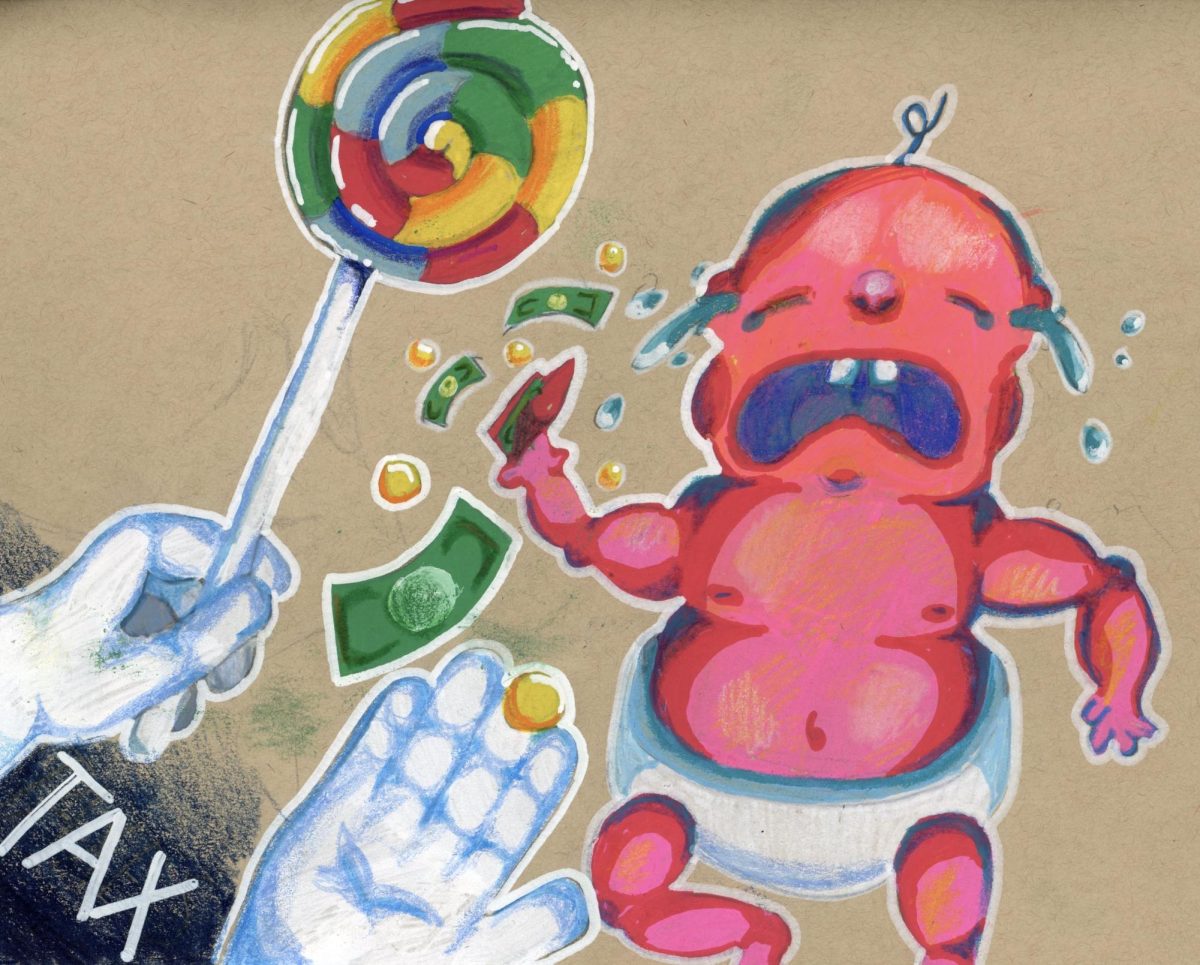



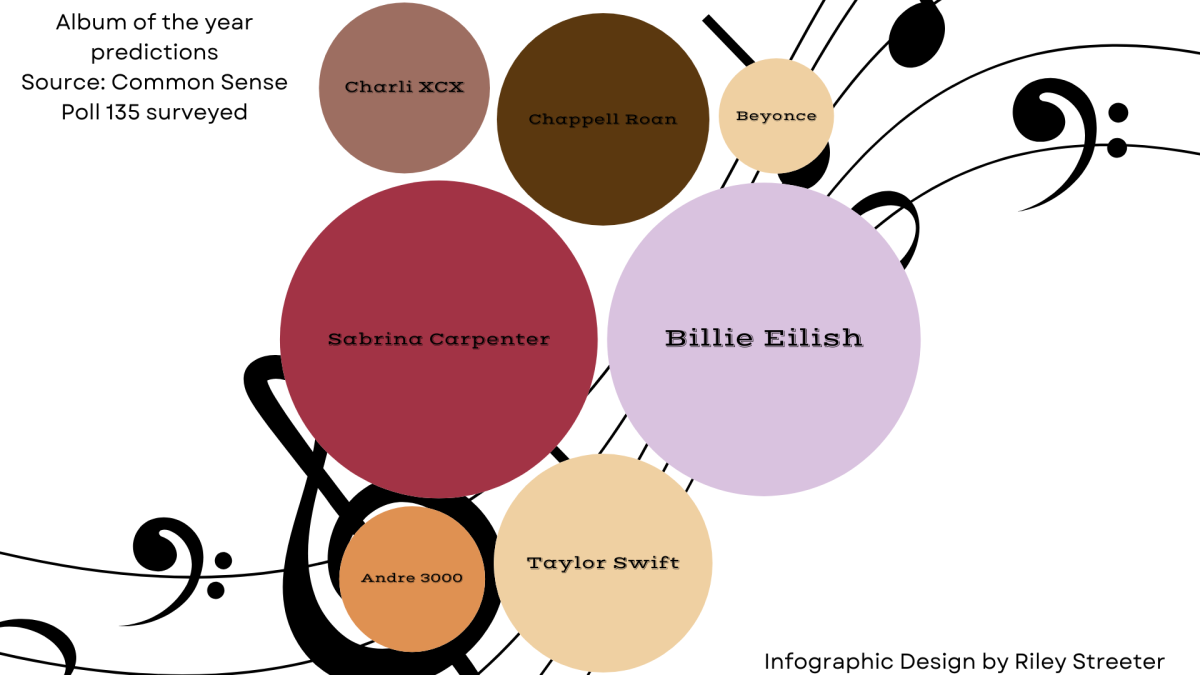

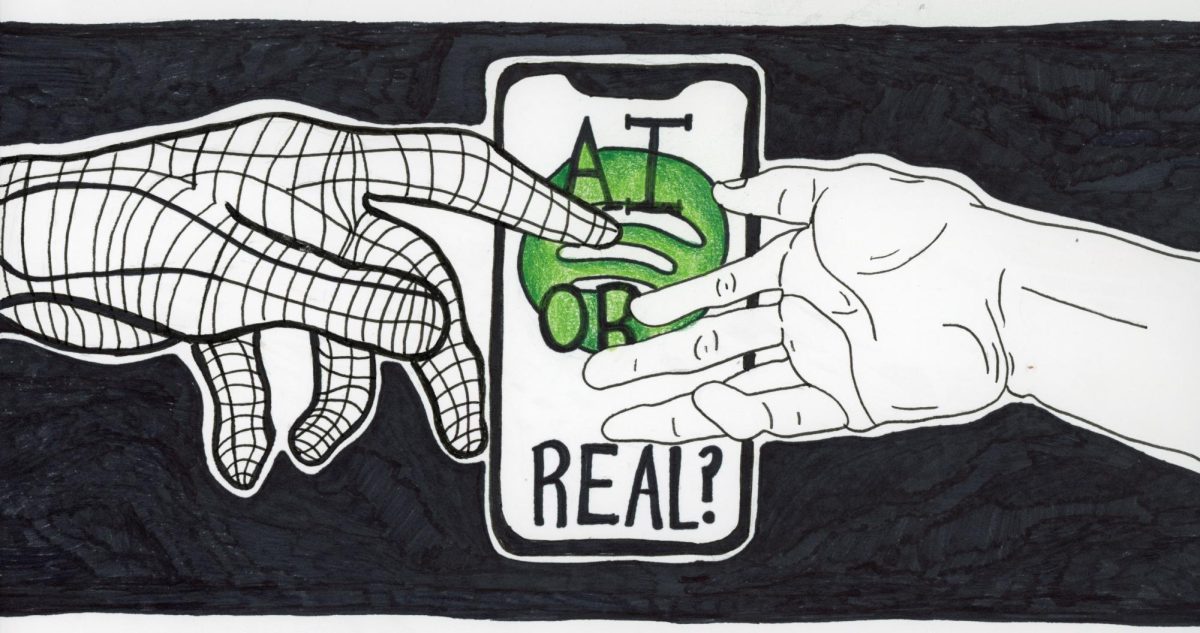





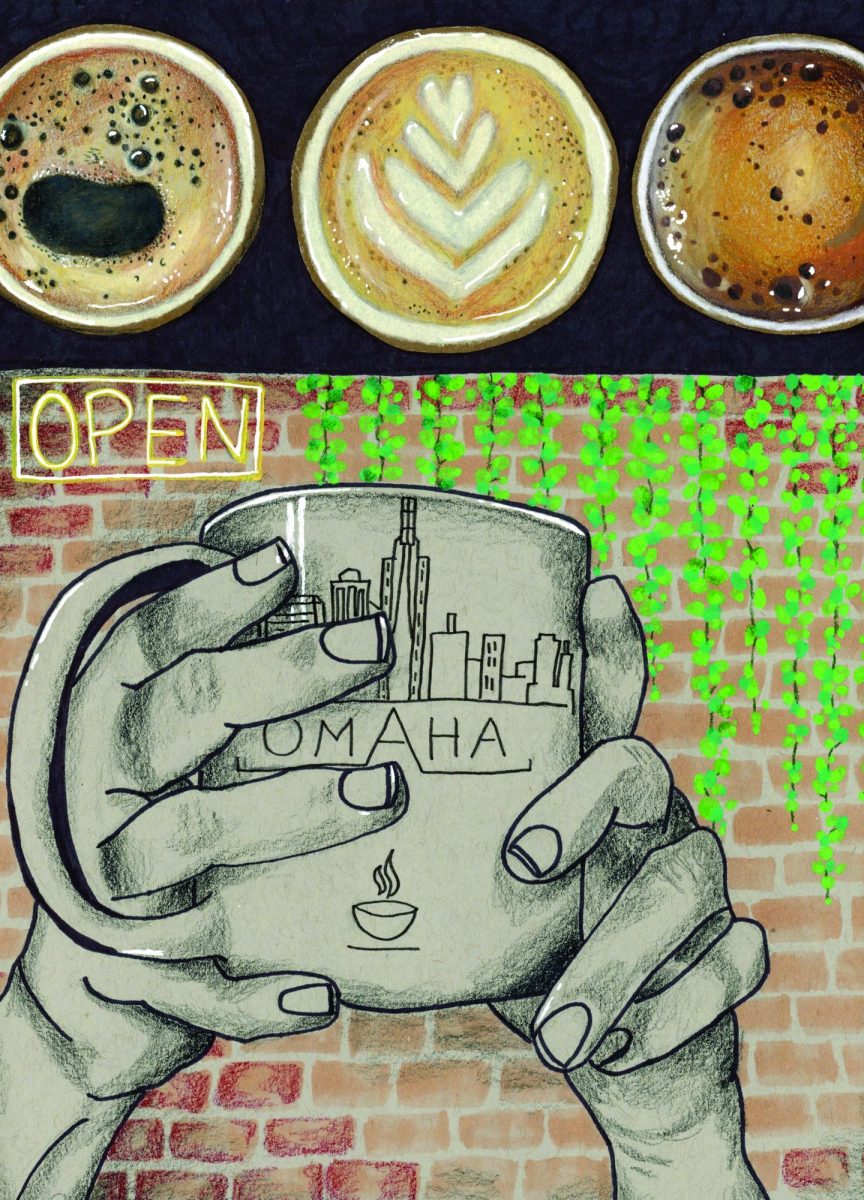


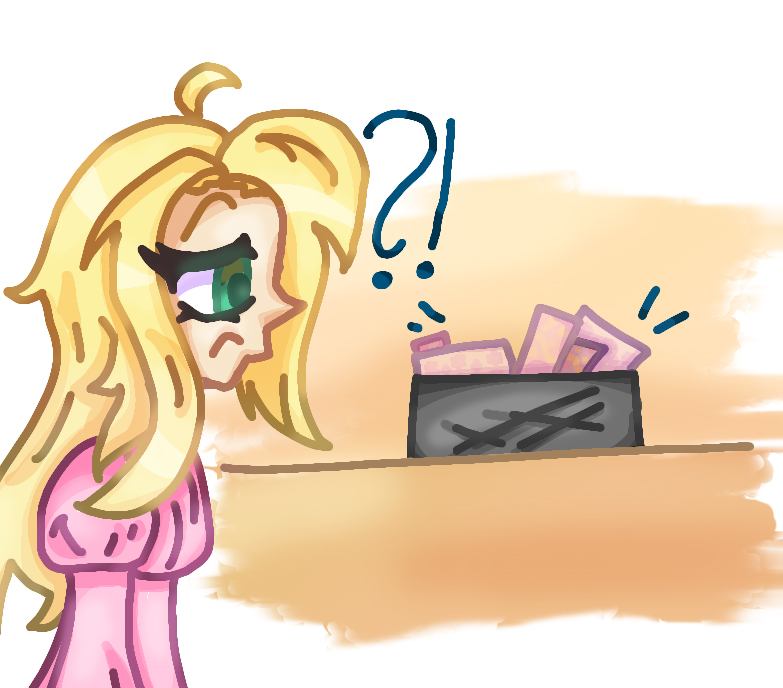



Lori Wegener • Mar 23, 2025 at 11:52 am
Congrats on your recognition, Zach! The careful layering of the paint markers and colored pencils gives depth and texture to the drawing, and the vivid color palette is perfect for an article about candy. I can see why this was awarded first place!